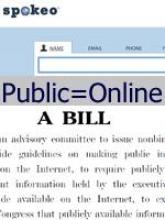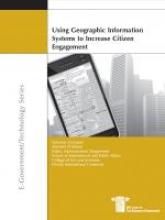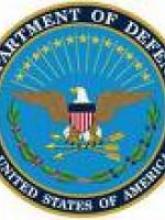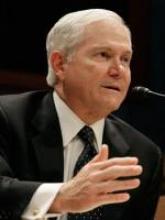
Blog
Thursday, May 20, 2010
The BP Oil spill in the Gulf of Mexico has created interesting collaborations between government, citizens, media, and industry via various Web 2.0 tools. When will their efforts begin to converge?
Tuesday, May 18, 2010
Will FedSpace, the cross-agency collaboration platform recently announced by GSA, turbo-charge the Obama Administration's "problem-solving networks?" There are lessons from other similar initiatives worth noting.
Thursday, May 13, 2010
The House Armed Services panel on Defense acquisition reform offered a series of recommendations in five areas in its March 2010 report. Will they make a difference?
Thursday, May 13, 2010
What connects the Public Online Information Act and the personal-information aggregation site Spokeo? They both take the ethic "Public=Online" seriously.
Thursday, May 13, 2010
Learn about theory and practice of Geographic Information Systems (GIS) to increase citizen participation. Topics: GIS data transparency, tapping citizen-volunteered geographic information, enhancing citizen participation in decision making with GIS; curr
Wednesday, May 12, 2010
Congress created a bipartisan panel last year to examine and come up with solutions for fixing the largest buying system – the Defense Department. As a former Defense official noted, it was the latest in 130 different contract reform commissions. Will thi
Tuesday, May 11, 2010
Defense Secretary Robert Gates delivered a much-ballyhooed speech this past week about the urgent need to cut defense spending by at least $15 billion. It is worth reading! I had a different take than other media coverage, though. . .
Sunday, May 9, 2010
This initial column on Governing in the Digital Landscape defines Gov 2.0 as "activities that regulate and utilize the digital landscape," and explains why it is essential that as many citizens as possible involve themselves in the process.
Sunday, May 9, 2010
Was it a parade of stars or a suicide mission?
by
Wednesday, May 5, 2010
HUD's Open Government Plan is framed around the department's strategic goals. Its leaders decided to make President Obama's hallmark initiative a way of getting business done and not just another compliance exercise.













